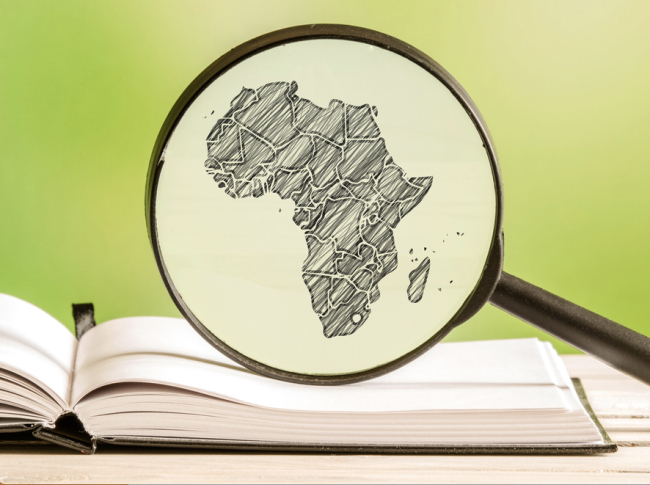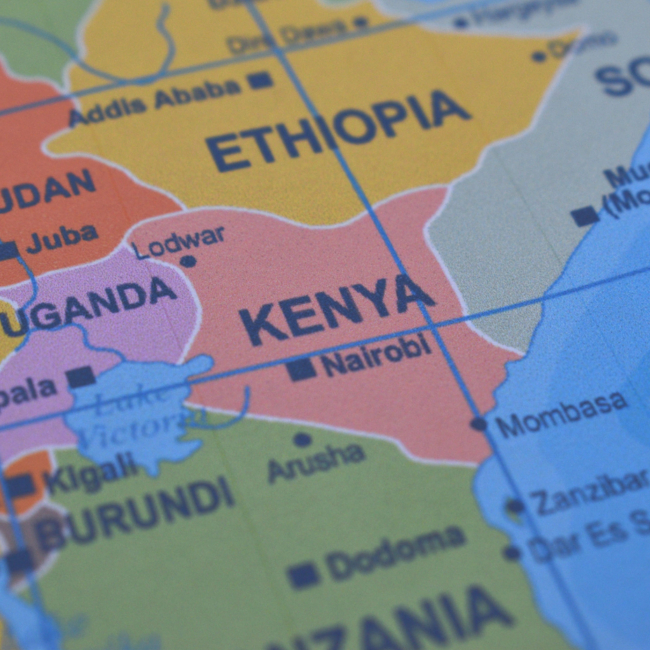Kenya’s Spiritual President and The Making of a Born-Again Republic: William-Ruto, Kenya’s Evangelicals and Religious Mobilizations in African Electoral Politics

Over the last two decade, the growing influence of Evangelicals and their leaders in electoral politics is one of the most significant developments in the East African region and the Horn of Africa. Their numerical and demographic growth seems to go together with their growing influence in these countries’ political scenes, especially in the spheres of electoral politics, society, and governance.

This paper examines the impact of Evangelicals in the region’s politics and the implications for democracy and public policy making, with a focus on East Africa. The Kenyan case study highlights new developments in the East African region. Using the Kenyan 2022 general election and an in-depth analysis of the relationship between President William Ruto and Evangelicals, the first section of the paper investigates the multifaceted dynamics between Evangelicals and Kenyan elites and tackles their recent engagements in electoral politics. It engages with emerging trends that shape not just Evangelical leaders’ relationships with African politicians but also theological fluctuations and religious factors that shape their political behavior, religious mobilization, strategies of engagements, and their influence on electoral processes and outcomes.
The role of the First Lady in religious diplomacy is detailed in section two, and the emerging shifts and tensions from historical, theological, and transnational perspectives are discussed in section three. The demonstration elucidates the complexities inherent in Evangelical political participation before, during and after election campaigns, including the tensions between religious values, civic responsibilities, and political ideologies.
By unpacking these dynamics, this paper contributes to a deeper understanding of the intersections between religion and politics in the African continent and offers insights into the evolving landscape of electoral dynamics in the East African region in particular.
Note produced by the French Institute for Research in Africa (IFRA-Nairobi) for the Directorate General of International Relations and Strategy (DGRIS) of the French Ministry of the Armed Forces as part of the East and Central Africa Observatory in partnership with IFRI.

Available in:
Themes and regions
ISBN / ISSN
Share
Download the full analysis
This page contains only a summary of our work. If you would like to have access to all the information from our research on the subject, you can download the full version in PDF format.
Kenya’s Spiritual President and The Making of a Born-Again Republic: William-Ruto, Kenya’s Evangelicals and Religious Mobilizations in African Electoral Politics
Related centers and programs
Discover our other research centers and programsFind out more
Discover all our analysesGabon: Has an — Almost — Exemplary Transition Produced a New Political Model?
In two rounds of voting, on September 27 and October 11, 2025, the citizens of Gabon elected the members of both their local councils and the new national assembly. This marked almost the final stage of political transition, little more than two years after the coup d’état that had overthrown the more than five decades old dynastic regime of the Bongos — Omar, the father, who died in office in 2009, and then his son Ali, who is now in exile.
Claiming "The People": Youth Booms, Ailing Authoritarians and "Populist" Politics in Kenya, Uganda, and Tanzania
This study analyses the emergence of so-called “populist” political tendencies in three East African countries: Kenya, Uganda and Tanzania. It builds its analysis on a wider discussion of the term “populism”, its use and applicability in (eastern) African settings before going on to examine the drivers of three cases of populism: William Ruto’s 2022 election victory in Kenya and the “Hustler Nation”; Bobi Wine’s opposition to Yoweri Museveni in Uganda; and John Magufuli highly personal style of government in Tanzania.
The Contradictory Impacts of Western Sanctions on Economic Relations between Russia and Sub-Saharan Africa
How does Russia maintain economic ties with Africa despite Western sanctions? An analysis of investments, trade, and the circumvention strategies deployed by Moscow.
The Revenue Sources Sustaining Sudan’s Civil War. Lessons for the year 2023
Wars require money and resources, and often, most conflicts involve controlling sources of income and supply lines or denying them to enemies. This has been the case in Sudan’s past conflicts and is again as the civil war—between the Sudan Armed Forces (SAF), commanded by General Abdelfattah al-Burhan, and the paramilitary Rapid Support Forces (RSF), commanded by General Mohammed Hamdan Daglo “Hemedti” —has sunk into a protracted conflict.











